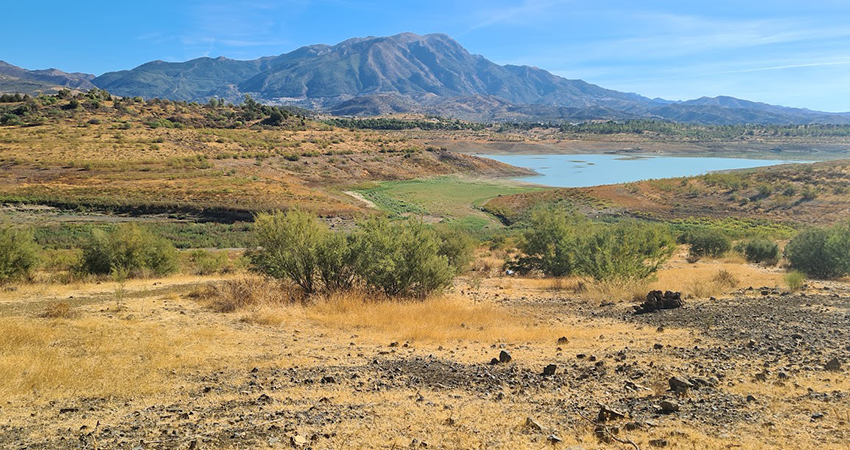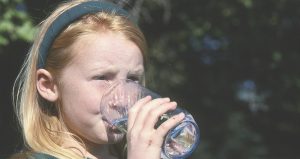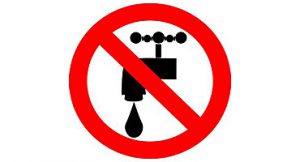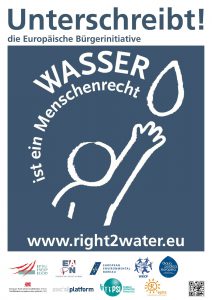Right to water pleas as drought drags on

-
 Fergal MacErlean
Fergal MacErlean
Share article:
Drier than usual conditions in some areas of the Iberian Peninsula could persist into November, the EU´s Earth observation program has warned. The bleak assessment, made back in August, chimes with the latest (mid-September) data from the European Drought Observatory which states that 26% of the EU territory is experiencing alert conditions, with vegetation shows signs of stress.
The warnings come as the European citizens initiative right2water says that a new water governance is needed in order to adapt and mitigate the effects of the current climate crisis. According to preliminary figures from the Joint Research Centre (JRC), the European Commission’s science and knowledge service, the drought that affected Europe this summer may have been the worst in the last 500 years. The JRC has forecast that normal conditions will return to most of Europe by the end of October but the unprecedented stresses on water resources have led to historic situations.
Shipping
Low water levels have severely impacted inland shipping, such as along the Danube, with reduced shipping loads affecting coal and oil transport. And water and heat stresses have substantially reduced summer crops’ yields. The most affected crops are grain maize, soybeans, and sunflowers. In France more than a hundred municipalities had to have their drinking water transported by truck.
Reservoirs
Such conditions are continuing in southern Spain where reservoirs were at 30 percent of average levels in late September. In Málaga, La Viñuela reservoir which supplies water to 180,000 inhabitants is on the verge of being declared a ‘dead reservoir’, as happened in 2008 when it dipped under 10% of capacity. And in the nearby villages wells are drying up. The winter horticultural campaign is being severely impacted in certain areas too, such as the province of Seville where the water-thirsty artichoke, has seen its planted area plummet from 60 hectares to only 14.
Right to water
The summer also witnessed cases of conflict between hydro companies and farmers and small villages about the use of water. Now there are growing calls for a responsible, inclusive, use of water. According to right2water, a movement that triggered the 2020 recast of the Drinking Water Directive, there are still approximately one million EU citizens who do not have access to water, with eight million not having sanitation. The group had invited the European Commission to propose legislation implementing the human right to water and sanitation as recognised by the United Nations.
Missed opportunity
Pablo Sanchez, spokesperson for right2water told Water News Europe: ‘that the Directive was a missed opportunity by the European institutions to be courageous to take a step towards the declaration of the right to water for all in the European Union’. He maintains that the current provisions are ‘very vague’ and mean ‘that many member states do not have to do anything at all’. “The Covid-19 pandemic showed us all the need for access to water and sanitation as a public health issue. A new governance for water is needed in order to adapt and mitigate the current climate crisis. So far the EU has done nothing in that regard,” Sanchez added.















